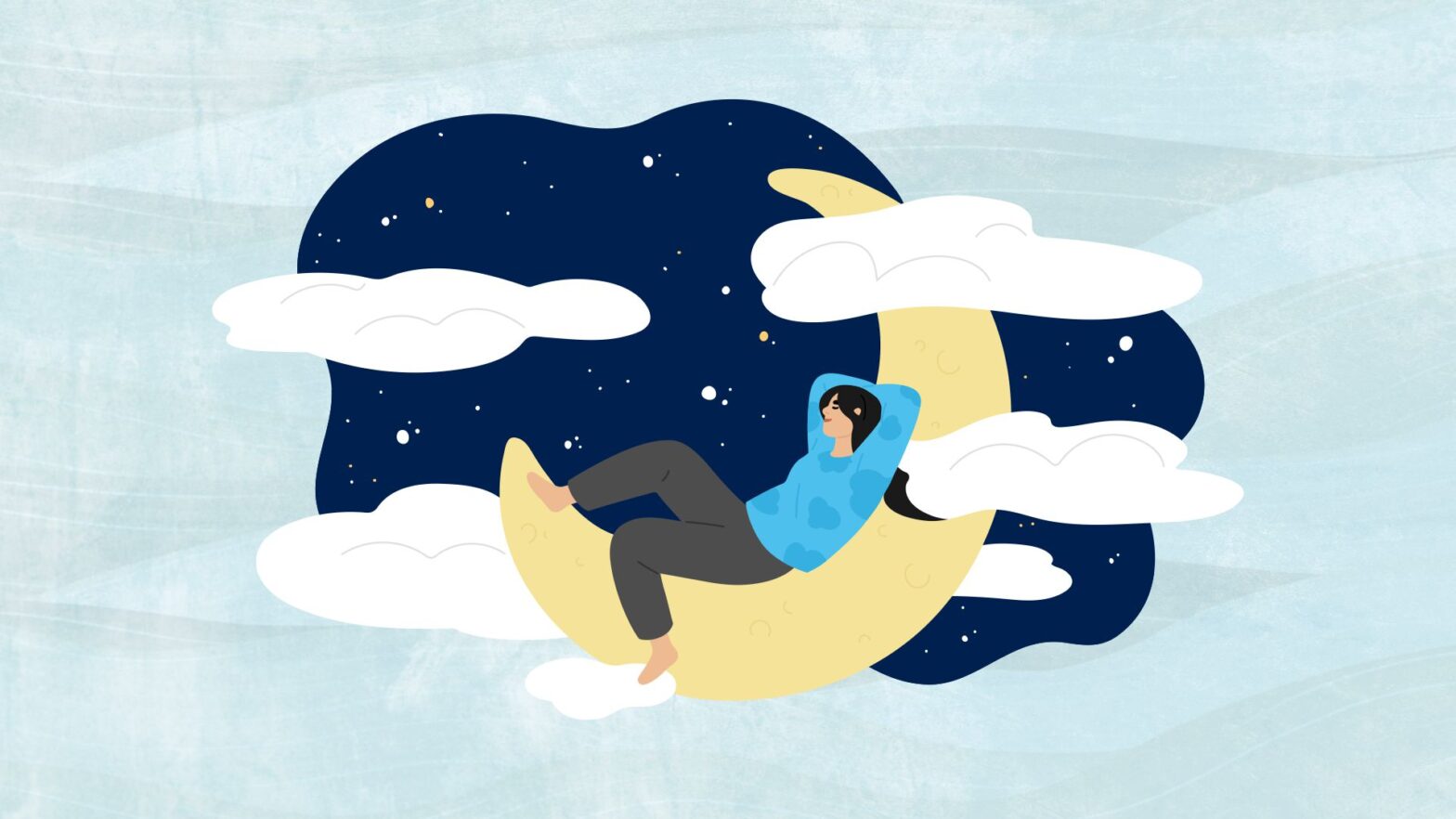
Sleep deprivation is a major cause for concern all around the world. Neither is India behind with our changing lifestyles. It has a huge impact on human health, productivity, relationships and more. Long-time use of screens such as laptops, smartphones and tabs, late-night parties and binge-watching, extended working hours, health issues and other factors have contributed to a steep decline in sleep hygiene.
So, it leads to a decrease in immunity and increases the risk of cardiovascular diseases.
Sleep deprivation can lead to an increased risk of accidents due to drowsy driving, lack of focus and inability to react quickly or make decisions.
The range of symptoms include
A sleep expert diagnoses sleep deprivation issues by asking the patient about
Relaxation techniques: This includes meditation, breathing exercises, mindfulness training, and guided imagery to reduce tension. Sleep apps and audio recordings also can help.
Cognitive behavioral therapy: Also known as CBT, it is a therapy in which thought patterns contributing to sleeplessness are identified.
Stimulus control therapy: In this type of therapy, going to bed on time and only when you’re sleepy is practised. Watching TV, listening to music, snacking or reading in bed is avoided. Getting up at the same time every day is also practised.
Sleep restriction therapy: Here, you reduce your bedtime to the total time you sleep in an average night by going to bed later but not below five hours. Make the change by sleeping late and not getting up early. But do wake up at the same time every day.
Maintain the same bedtime for a week and then move it 15 minutes earlier every week until you get a refreshing and satisfying sleep. Following this, maintain the same schedule every day.
Hence, sleep deprivation is an issue which needs treatment with proper care and guidance. It must not be taken lightly.
Sleep Therapeutics is the first exclusive sleep center in Telangana and Andhra Pradesh, based in Hyderabad. Hence, if you’re facing sleep deprivation issues, please contact us for the best solutions. We’re here to help you.